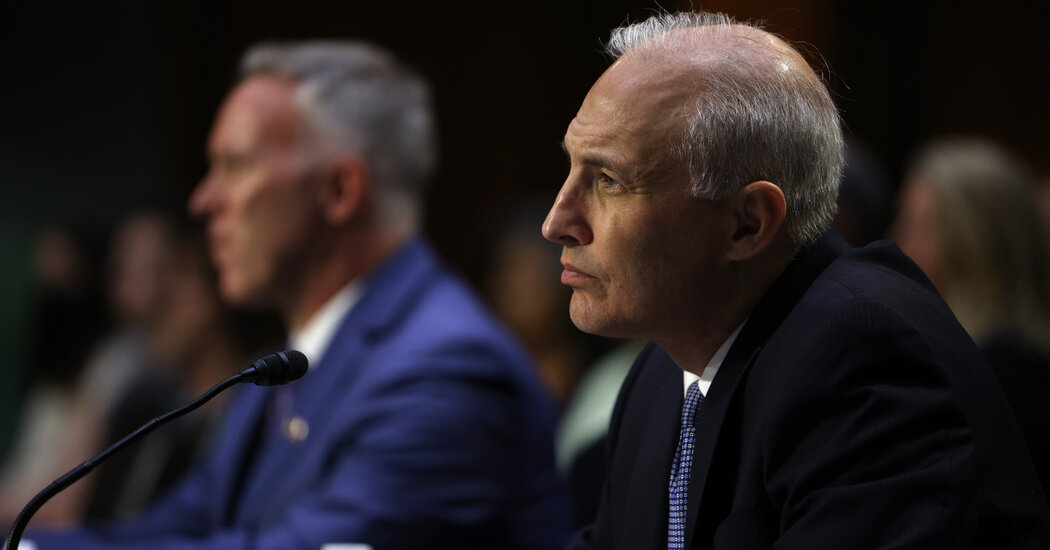The agency will instead introduce a broader strategy meant to address threats from hostile nations.
ARLINGTON, Va. — The Justice Department said on Wednesday that it was ending a contentious Trump-era effort to fight Chinese national security threats that critics said unfairly targeted Asian professors.
A top Justice Department official, Matthew G. Olsen, said in remarks at George Mason University that the agency would instead introduce a broader strategy meant to address threats from hostile nations.
“We see nations such as China, Russia, Iran and North Korea becoming more aggressive and more capable in their nefarious activity than ever before,” he said. “These nations seek to undermine our core democratic, economic and scientific institutions.”
The modifications to the program known as the China Initiative, which brought espionage, trade-secrets theft and cybercrime cases under a single banner, comes as Beijing continues to use spies, cyberhacking, theft and propaganda to challenge America’s standing as the world’s pre-eminent economic and military power. Such activity has only grown more acute.
The F.B.I. has more than 2,000 investigations into Chinese efforts to steal American information and technology, and it is opening new cases related to Chinese intelligence operations about every 12 hours, Christopher A. Wray, the bureau’s director, said last month. “There is just no country that presents a broader threat to our ideas, our innovation and our economic security than China,” he said.
While the China Initiative has resulted in numerous pleas and convictions, several cases against academics have ended in acquittal or dismissal. In one high-profile failure, prosecutors withdrew charges against Gang Chen, a mechanical engineering professor at M.I.T., after the Energy Department said that his undisclosed affiliations with China would not have affected his grant application.


























